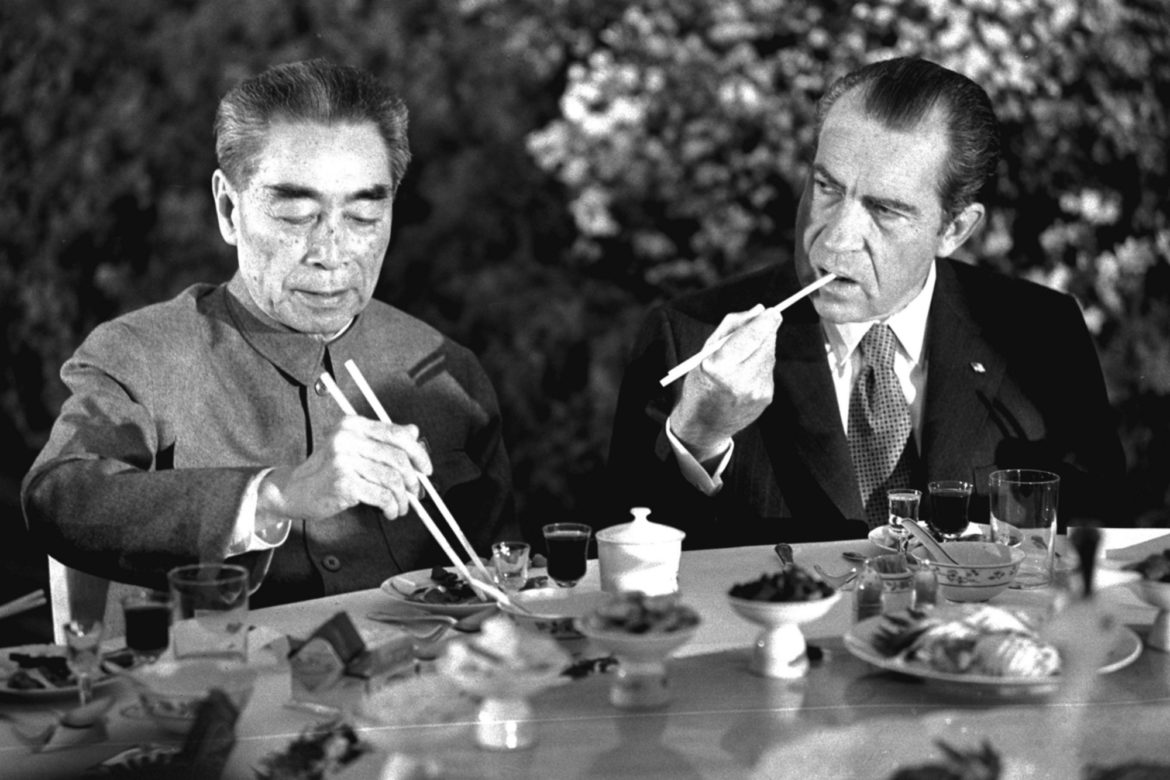By Michael Davidow, Radio Free New Hampshire
Dick Tuck died last month. He was a minor political operative who worked for various Democrats back in the sixties and seventies. His specialty was at getting under Dick Nixon’s skin. He would sabotage Nixon’s rallies, poke fun at him whenever he could, and generally drive him nuts. It was a boys-will-be-boys sort of politics, which the Democrats enjoyed so long as they got the better of it.
Now we know what happens, of course, when politics truly becomes a game. Donald Trump is teaching us that lesson, and we might now think twice about our long-ago fondness for an earlier practitioner of that art.

Courtesy photo
Michael Davidow
But either way, the fact that otherwise respectable people praised Dick Tuck gnawed at Dick Nixon. It was not as bad as the fact that every other president had taped Oval Office conversations, just like he had; so what was the big deal. Nor was it as bad as the fact that he had lost the presidency in 1960 because Kennedy had stolen more votes from the urban wards of Chicago than he himself had managed to steal from the cornfields of southern Illinois; making him swear he would never be out-maneuvered again, in the bare-knuckle world of presidential politics. But it was bad enough, in its own way. It was one more straw in the pile of straw that eventually broke his back.
Putting aside Tuck’s death, though, Nixon got the spotlight again, just recently. Just before Donald Trump’s recent trip to North Korea, the New York Times published a funny little piece comparing Trump’s lack of preparation for that meeting with how Nixon had approached his visit to China. It was that rare thing: a public mention of Richard Nixon as having been laudable in a certain important manner. And it was a piece suffused with near-bemusement at an old enemy’s ability to think large, plan for the future, and be mindful of the past.
And now that I think of it, Nixon haunted the last presidential campaign, too, because one of the two major candidates channeled him to the bone. Guess which one? Nixon’s friends always complained that the public got him wrong; that he was warm and funny in person. Nixon’s supporters claimed that he was the most experienced man to have ever run for office; he had been in the military, in Congress, in the Senate, in the White House, and in private business too, as if you needed more. Nixon’s detractors feared his ability to carry a grudge; his unwillingness to look outside himself for guidance; his distrust of the motives of others. Nixon’s past was used against him; in his long history of public service, he had said and done so many lamentable things. His attempts to re-invent himself were parodied and mocked…
But I digress. The truth is, Nixon differed from Hillary in one serious way, and it’s funny to think about what it was: Nixon was the better liberal. Urban development, wage and price controls, environmental safeguards, peace with China; his policies were the natural product of decades of domestic bipartisanship, strong international alliances, and social innovations both large and small.
Whereas Hillary Clinton’s policies were the product of this: three decades of both major parties standing for the powerful against the weak. And she lost the presidency because no matter how hard she tried to pretend otherwise, her innate self-centeredness shone through to the average voter (“everyday people,” anyone?) like a flashlight through a cheap bed sheet.
After years of representing Wall Street and arguing on its behalf, she then festooned her campaign with the trappings of identity politics, lauding women and minorities not because those groups had any special skills they could bring to bear on our nation’s problems, but rather because they had special needs that only she could possibly address. So both millennial professionals and downtrodden minorities voted for her, viewing her ascension as the surest way to either keep what they had or to get yet more for themselves. There just weren’t enough of those people to get her over the hump. Identity politics failed her.
Especially since Donald Trump was managing, somehow, to outflank her on most important political front of all: on the issue of fairness, so strangely lacking in Clinton’s campaign. Those who work hard, he argued, deserve to be rewarded; others do not. It was not subtle, but it resonated. And it isn’t bad politics, either. As Bernie Sanders had tried to warn people: it is ancient liberal doctrine.
Meanwhile, a young self-styled Democratic Socialist has now won a Democratic primary in New York City, beating a ten-term incumbent for a congressional seat in the Bronx. The national party is already worried that she is too progressive; that she will scare away the moderates. But what is the worst thing that could happen? That those so-called moderates might return to the Republican party?
If they do, we might actually get something done in Washington. In fact, we might even have fun with politics again.
Michael Davidow is a lawyer in Nashua. He is the author of Gate City, Split Thirty, and The Rocketdyne Commission, three novels about politics and advertising which, taken together, form The Henry Bell Project. His books are available on Amazon.
Views expressed in columns and opinion pieces are those of the author and do not reflect those of InDepthNH.org.





